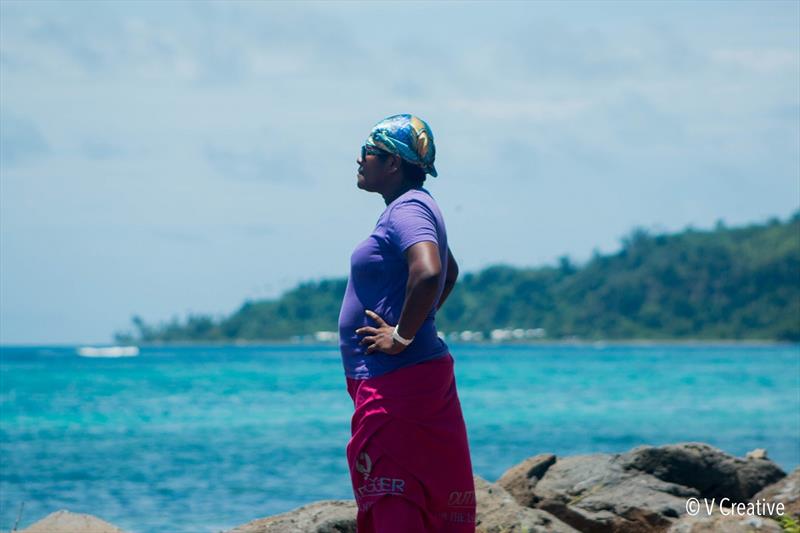
More 'fairness' needed in conservation
by ARC Centre of Excellence for Coral Reef Studies 12 Jun 2021 05:58 UTC

Conservation practice and policy in low- and middle-income countries are often shaped by rich Western countries, which means they are underpinned by Western ideas about fairness © V Creative
New research shows what is often assumed to be 'fair' in conservation practice may not be considered so by the very people most affected by it—and a new approach is needed if protected areas are to be effective.
Lead author Dr Georgina Gurney, from the ARC Centre of Excellence for Coral Reef Studies based at James Cook University, said considering local stakeholder conceptions of fairness in conservation is critical.
"If conservation is perceived as unfair it can lead to conflict, undermining support and cooperation," Dr Gurney said.
She said it is not only an ethical matter but key to achieving good outcomes for people and the environment.
"But what is fairness? Very few studies have asked this question in the context of conservation, especially marine protected areas."
The researchers asked Indigenous communities in Fiji (who hold customary tenure rights to land and sea) about the fairness of five alternative approaches to distributing money paid by tourists to dive in a new co-managed marine protected area.
"Our study found local stakeholders considered the 'most fair' way to distribute money from the area was according to who held rights over the area," said co-author Dr Sangeeta Mangubhai, Director of the Wildlife Conservation Society Fiji Country Program.
"They thought the least fair way to distribute money was according to the costs incurred to fishers who were affected by the new rules prohibiting fishing."
The findings challenge common assumptions in much of the conservation literature and practice about what constitutes distributional fairness. These often focus on equality and forgone economic benefits of resource extraction, such as fishing.
"Our findings help clarify fairness in global environmental policies and agreements," Dr Mangubhai said. "Explicitly identifying what is considered fair by those most affected by conservation is important during both the planning and evaluation processes."
"This practice is especially important in low- and middle-income countries. Conservation practice and policy undertaken in these countries are often shaped by that developed in rich Western countries, which means they are underpinned by Western ideas about fairness."
"As the coverage of conservation areas is expected to grow to 30% of the world's surface by 2030, more attention should be given to what local stakeholders consider is fair with regards to related decision-making and the distribution of associated costs and benefits," Dr Gurney said.
"To help make sure existing and new protected areas work, we need to move beyond tacit assumptions about what constitutes fair management to explicit identification of local conceptions of fairness."
"Otherwise, we risk the chance of support for the protected area being eroded."
Paper
Gurney G, Mangubhai S, Fox M, Kiatkoski Kim M, Agrawal A. (2021). 'Equity in environmental governance: perceived fairness of distributional justice principles in marine co-management'. Environmental Science & Policy. DOI: 10.1016/j.envsci.2021.05.022